Ecosystems: Interactions, Energy, and Dynamics

Educators and Parents, Sign Up for The Cheat Sheet
Weekly updates to help you use Science News Explores in the learning environment
Thank you for signing up!
There was a problem signing you up.
-
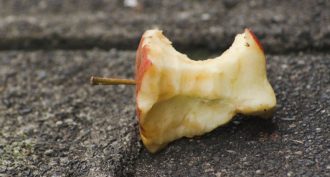 Animals
AnimalsTiny — but mighty — food-cleanup crews
Discarded food wastes can turn city spaces into food courts for disease-carrying rats and pigeons. But a new study shows tiny cleanup crews — especially pavement ants — are doing their best to eliminate such wastes. This, in turn, makes cities less attractive to bigger pests.
-
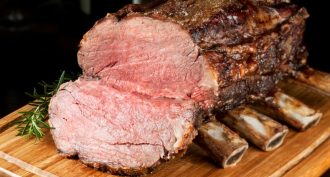 Microbes
MicrobesHow ‘bugs’ in our bellies impact our health
Gut bacteria can play a powerful role in human health, new studies show. In one, bacteria turned a nutrient in red meat into a chemical that boosts the risk of a heart attack. Another study shows that our genes play a role in whether we are fat or thin, probably by affecting which bacteria prefer to live in our intestines.
-
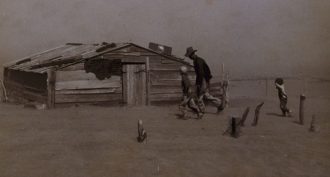 Climate
ClimateThe worst drought in 1,000 years
The 1934 drought, during a period in American history known as the Dust Bowl, was the worst in a millennium, a new study finds. While the drought had natural origins, human activities made it worse.
By Beth Geiger -
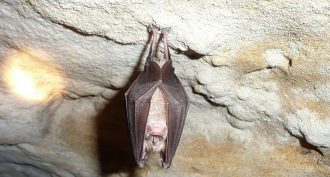 Animals
AnimalsScientists seek bat detectives
Bats emit high-pitched calls in the night to find their way around. A citizen science project is eavesdropping on these calls to probe the health of ecosystems.
-
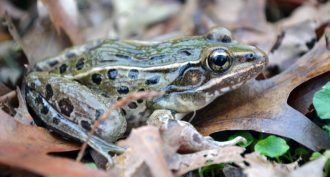 Animals
AnimalsNew frog discovered in New York City
This animal could almost be mistaken for the southern leopard frog — until it opens its mouth. The call the males issue has proven unique.
By Janet Raloff -
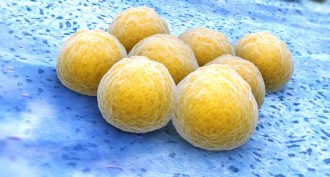 Microbes
MicrobesGerms help each other fend off antibiotics
Drug-resistant bacteria can cause persistent infections. A new study finds these germs fight drugs in different ways. And they can swap various compounds, increasing their neighbors’ chances of overcoming the drugs meant to kill them.
-

Food can make an appetizing science fair project
Many students think they need a laboratory or special equipment for a winning research project. But finalists at the Broadcom MASTERS competition showed food-based research may require little more than your home kitchen
-
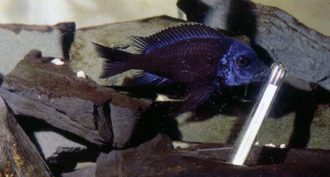 Animals
AnimalsFish just wanna have fun
Although biologists have observed fish playing before, scientists have now recorded hours of video showing a new type of antic in fish.
-
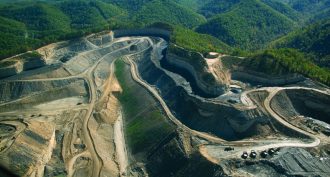 Earth
EarthHow people have been shaping the Earth
We are the dominant force of change on Earth. Some experts propose naming our current time period the ‘Anthropocene’ to reflect our impact.
-
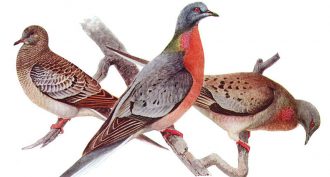 Earth
EarthComing: The sixth mass extinction?
Species are dying off at such a rapid rate — faster than at any other time in human existence — that many resources on which we depend may disappear.
-
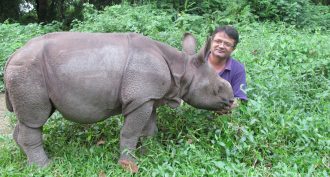 Animals
AnimalsRare as a rhino
Most species are rare. Some have always been rare. A problem develops when people are responsible for accelerating a species’ rarity to the point that extinction threatens.
-
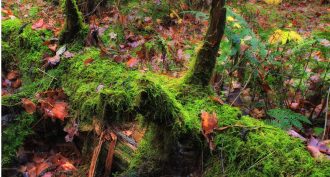 Microbes
MicrobesRecycling the dead
When things die, nature breaks them down through a process we know as rot. Without it, none of us would be here. Now, scientists are trying to better understand it so that they can use rot — preserving its role in feeding all living things.